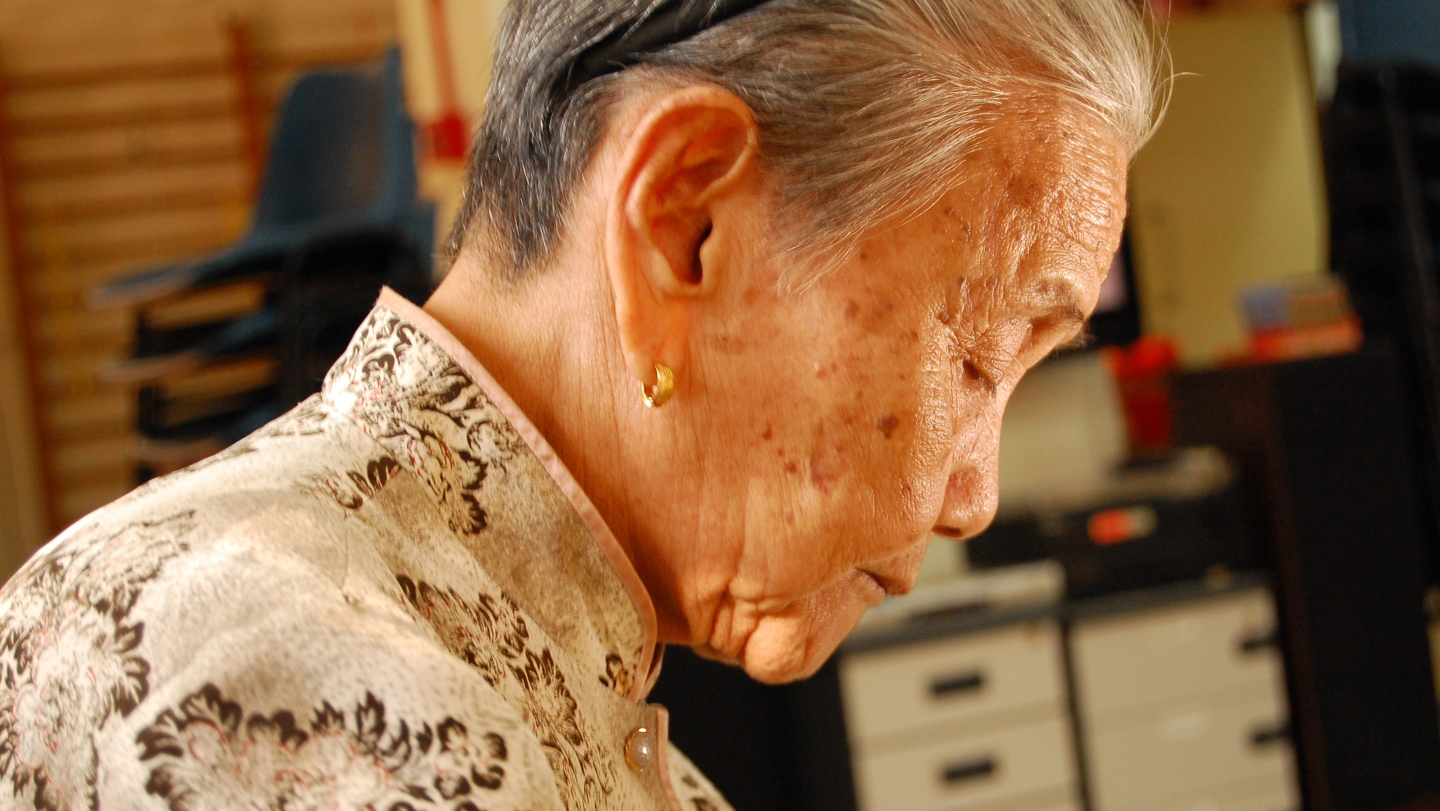Robby Berman
Contributing Writer
I’m a writer, musician, and father living in central New York with my wife, two daughters, one dog, two cats, and countless questions. I’m especially interested in animal rights, creativity, politics, the nature of things and time, and in making a worthwhile contribution. You can follow me @everyrobby.
The oldest people in our lives frequently shock us with hateful comments about others that seem out of character with the people we always thought they were. What’s going on?
A new study from Harvard Business School finds open-office layouts actually inhibit face-to-face interaction and collaboration.
Biologists at the University of Bristol demonstrate how the mysterious phenomenon of spider ballooning for great distances and at great heights works.
Harvard psychologists identify “prevalence-induced concept change,” our tendency to raise our threshold for success as we make progress.
Smart connected devices finding their way into million of’ homes are being taken over by domestic abusers, allowing them to invade and disrupt victims’ lives in a new, terrifying way
A new study suggests that it’s possible to replace anxiety-producing unpleasant memories with new ones implanted under hypnosis.
Actress Evangeline Lilly wonders if the reason male Marvel superheroes complain about their costumes so much is that they’re not used to being uncomfortable to look good, as all women are.
To help dramatize the need for us to open our minds about the potential nature of extraterrestrial life, experimental philosopher Jonathon Keats has built instruments and composed music for aliens.
Bernardo Kastrup proposes a new ontology he calls “idealism” built on panpsychism, the idea that everything in the universe contains consciousness. He solves problems with this philosophy by adding a new suggestion: The universal mind has dissociative identity disorder.
The results of Google Image career searches are often at odds with the statistics when it comes to the relative participation of men and women.
A trio of new reports by the Small Arms Survey finds that 85% of the world’s one billion guns are in the hands of its citizens who far outgun the militaries and police responsible for their protection.
The GoFly challenge has just announced 10 winning flying-car designs. It’s the first phase of a three-part contest, and they’re very cool.
The top 10 tech companies spend big bucks acquiring innovative startups and their brilliant technologies.
A new study analyzes dog-owner videos and discovers the meanings behind 19 things a dog does.
An effort is underway in the AI community to develop posthumous avatars that can ease the pain of mourning. Not everyone thinks this is a good idea.
Addiction Now has developed infographics based on a survey of 1,000 people who were asked what they thought would be appropriate sentences for drug crimes. It’s pretty different than what they really are.
Galaxy NGC 1277 is revealed as a relic galaxy that’s barely changed since it formed 10 billion years ago, giving scientists a rare chance to look into the past.
Home network Porch has created infographics that depict the most dangerous kitchen items according to the 2017 U.S. Consumer Product Safety Commission’s National Electronic Injury Surveillance System.
A new study of male bottleneck dolphins in Shark Bay, Australia discovers that each individual has his own distinctive name-whistle that other dolphins use when “talking” about him.
To improve hiring efficiency and success, companies are starting to leverage neuroscience gaming and AI to identify and attract the best people.
A study of 15,582 elderly Hong Kong community residents suggests a link between robust intellectual activity and avoiding the onset of dementia.
A new study suggests that the genes that are associated with schizophrenia are switched on in the placenta when a pregnancy complication occurs.
Late night texts provide insights on America’s recreational drug use, documenting good and bad times with meth, cocaine, heroin, pills, marijuana, LSD, and ecstasy.
A new study attempts to figure out why the motor cortex sometimes synchronizes to speech as the auditory cortex does.
Big Think speaks with the American who’s spent the most time in space, astronaut Peggy Whitson, looking back on what she learned during life in orbit.
People who occasionally pull all-nighters are at greater risk for diabetes and other illnesses, and a new study identifies blood proteins as being behind the problem.
A study finds that re-conditioning married individuals by linking spouse photos to pictures of puppies and bunnies makes us like our mates more.
What would it cost to move some of the world’s most famous landmarks to new locations?
Disney has plans to make the Star Wars galaxy the setting for the widespread introduction of virtual reality and augmented reality to the public at large.
From what we know about the young prince and actress, how does the future look for their relationship based on psychological studies of successful marriages?





























